Zygmunt Hübner
出生 : 1930-03-23, Warsaw, Poland
死亡 : 1989-01-12

investigating judge
The 1930s. An investigetion after founding a dead body on the street of Cracow.
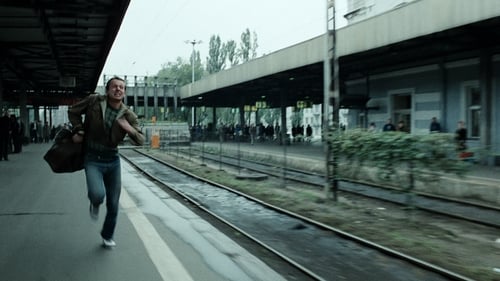
3. dean
Witek runs after a train. Three variations follow on how such a seemingly banal incident could influence the rest of Witek's life.

Doctor Faust (as Zygmunt Hubner)
Set in the 16th century in the Grand Inqusition period. Ruprecht stops overnight at an inn, and falls in love with the lovely Renata. She however, has fallen under the spell of Count Henryk, whom she believes to be an "angel of fire". The girl eventually brings him before the Inquisition.

professor Pytel
Warsaw 1941. Gestapo captures a Home Army soldier who knows the code needed to read the list of agents working in Reich. Tortured Wójcik asks the doctors for poison.

Stefan
Kinga, a divorced woman raising her daughter Emilka, decides to change her professional life and start writing a book. Personal matters and problems with finding common ground with her child, however, throw her off balance.
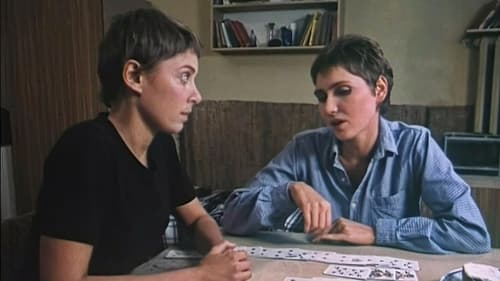
Chory w izolatce
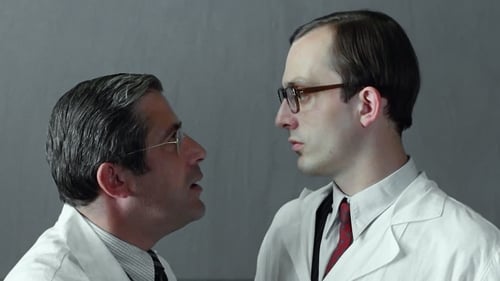
Pajączkowski
The film is set toward the beginning of World War II, at a psychiatric hospital in the country. But this is an unusual hospital: there are several incurable schizophrenic cases, staff is bit strange and a writer has voluntarily entered the clinic because he is "peculiar" and a drug addict. Then, the occupying forces arrive...

Doktor Dadlez
In 1931, just before the New Year, in a house of architect Henryk Zaremba scream rips the night. The daughter of Zaremba is found killed in her bedroom, obviously killed with a pickaxe. The police arrives and starts the investigation. Rita Gorgonova, the governess of the girl and also lover of Zaremba becomes the main suspect. Film based on real events - investigation and court trials of the most famous pre-war Polish murder case. Despite being historically accurate the movie is both involving and entertaining since the case was simple on the surface, but very complicated in details.
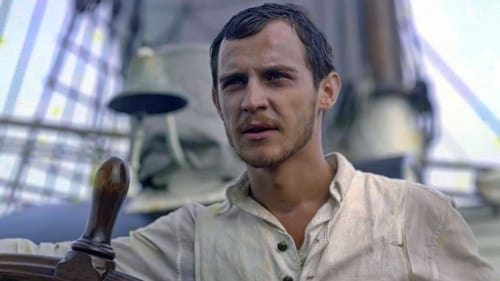
Capt. Vidara (as Zygmunt Hubner)
Andrzej Wajda's English-language film of a novella by Józef Teodor Konrad Korzeniowski, aka Joseph Conrad, about a young man in his first command as a sea captain. A series of crises prove incredibly difficult for his new authority, for the sea is curiously becalmed and the crew is weakened by feverish malaria. When the first mate's fear convinces many that the ship is haunted and cursed by the malevolent spirit of the previous captain, the young man must cope with their superstition as well as the conspicuous absence of much-needed medicine.
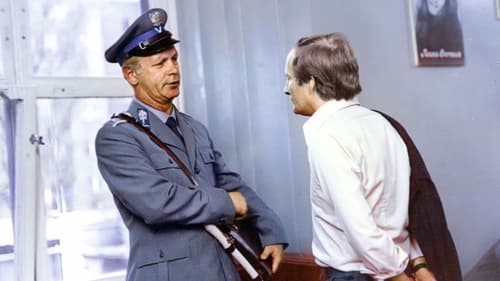
prokurator
A man is tried in court for failing to help his brother to avoid suicide.

Jerzy
Basia and Krystyna are trying to smuggle clothes, perfumes and other things purchased abroad through the border back to Poland during communist period. They are accompanied by Basia's son Piotrek, infatuated with Krystyna. At the beginning everything appears to go smooth. Suddenly, however, the custom officer Roman stops pretending being fooled and demands body search which has to be carried out by next shift.

Major Albert Niwiński
Jaruga, the head of the local Security Office, cannot liquidate the "Boruta" unit. Most likely, he has his man in the UB. In order to unmask him and liquidate the unit, Albert, an employee of the UB, acting in complete conspiracy, arrives.

Writer
Movie from 1969.

Director
Movie from 1969.
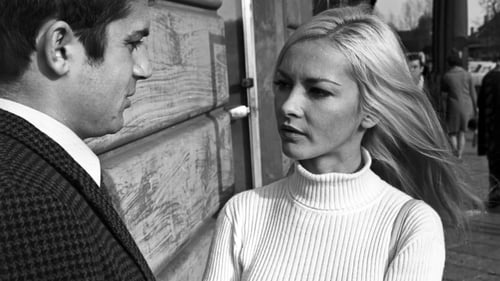
Siwy, kapitan MO
A retired police captain, Siwy, tells a reporter about his latest action, carrying on his own investigation into the mysterious death of a Eve Salm, a.k.a. Princess. She was a witness in a case where the defendant pled guilty and was sentenced to eight years in prison. Siwy doubts the defendant's guilt and risks his life to apprehend the real killer.
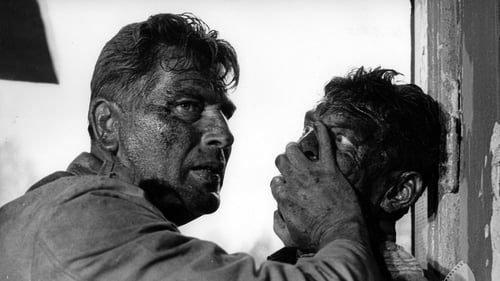
Sucharski
Westerplatte is a small peninsula at the entry to the Gdansk Harbour. Before World War II, it functioned as a Polish ammunition depot in the Free City of Danzig/Gdansk. Its crew consisted of one infantry company and a group of civilians, 182 people in total. It was the only Polish guard-post at the mouth of the Vistula River, with as little as five sentries, one field cannon, two anti-armour guns and four mortars. It was the first obstacle to Hitler's predatory march across Europe. The first shots of World War II were fired here. This film tells the story of Westerplatte's courageous defenders.

Gestapo Officer (as Zygmunt Hubner)
Sampson is one of several Andrzej Wajda films harking back to his youth during the Nazi Occupation of Poland. Many of these concern not only the struggle between good and evil, but also between passive and impassive. The hero is a Jewish youth. He, like his family, has always been silent and undemonstrative in the face of prejudice. Now he stands up for his right to survive, and in so doing represents the fighting spirit that culminated in the 1943 Warsaw Uprising. It was originally titled Samson, but re-spelled as Sampson upon its American release to avoid confusion with a sword-and-sandal epic of the same name.
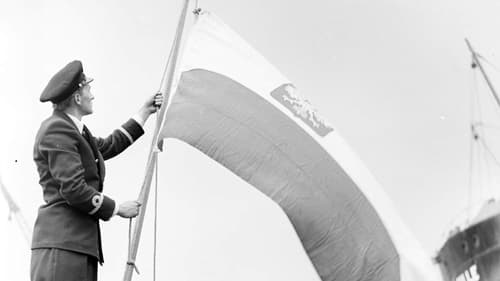
German Captain
Based on a true story of Polish submarine "Orzel" (The Eagle): September 1939, "Orzel" is coming to Estonian neutral harbor in Tallin. Under pressure from Germany Estonians have intern the ship. Commander Grabinski decides to escape to England through the Baltic Sea, without any maps that has been confiscated and with only small amount of fuel on board.












